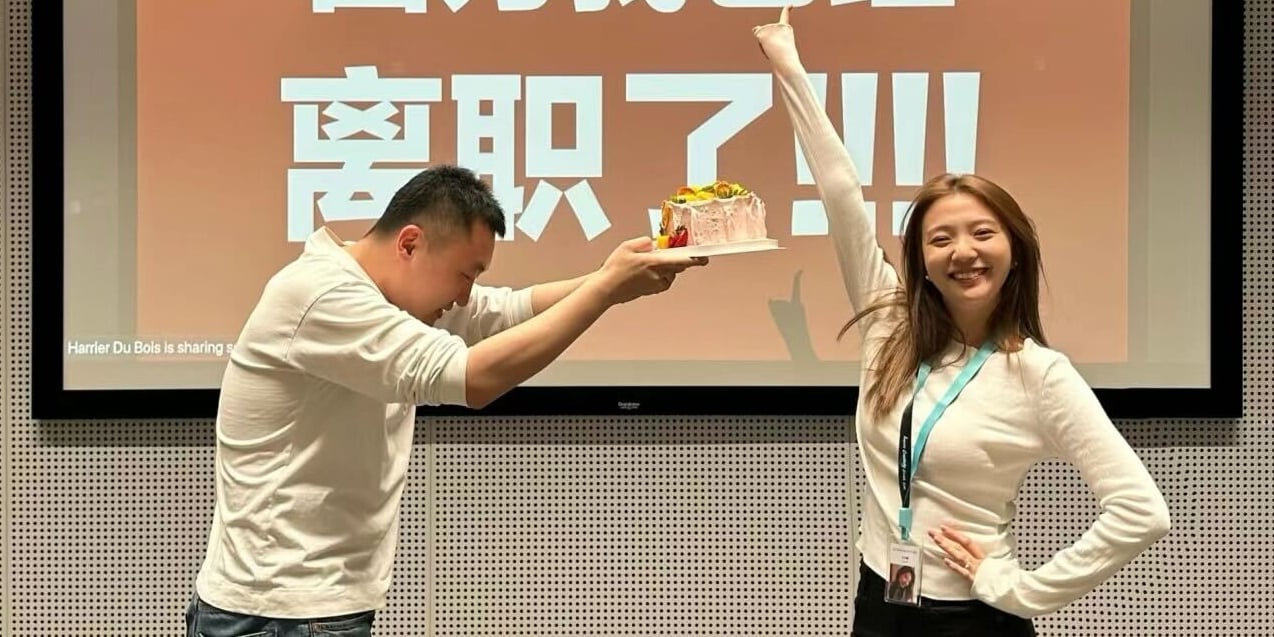The connection between green bananas and anxiety might seem far-fetched, but recently the unripe fruit has become a symbol of anti-burnout sentiment among young office workers in China. In Chinese, “anxiety” (焦虑, jiāolǜ) is pronounced similarly to “green banana” (绿蕉, lǜjiāo), just with the order of tones reversed. Many have thus put baskets of green bananas on their office desks with the label “Don’t Worry” (禁止焦虑, jìnzhǐ jiāolǜ) attached as a reminder to avoid excessive anxiety. The process of seeing raw bananas turning ripe has been described by some as “healing and heartwarming.” Memes such as “eating your anxiety away” have also become popular among netizens.
The phenomenon was started by Lin Wenhai, a former office worker in a large tech company. After quitting his job, he returned to his hometown of Zhangzhou, Fujian province, to start his own business selling fruit. Branding green bananas as an emotionally-healing and anxiety-dispelling fruit, his company Pinpinxian (品品鲜) is making 2 million RMB per month, and he claims to have “healed” more than 3 million office workers. However, the impact of the trend stretches beyond Lin’s company to much smaller fruit shops, whose sales have been significantly boosted. Chen Yuanzhen, the owner of a banana store in Hangzhou, was glad but perplexed to find a sudden influx of interest in raw bananas among young people. “I can’t make sense of it. I just sell bananas.”

This trend comes as the latest response to the intense work culture that is prevalent in China and other Asian societies. The green banana craze illustrates how younger generations of Chinese workers are increasingly looking for emotional support in the workplace. For corporations, it raises key questions on how to create a more welcoming and comfortable work environment. Beyond the implications for the future of office work, the phenomenon of the green bananas speaks to the emergence of a trend-based economy in China, where social media chatter around a specific commodity (or tourist destination) can rapidly, and often temporarily, increase its economic value.
Banner image via Jingji Guancha.


















